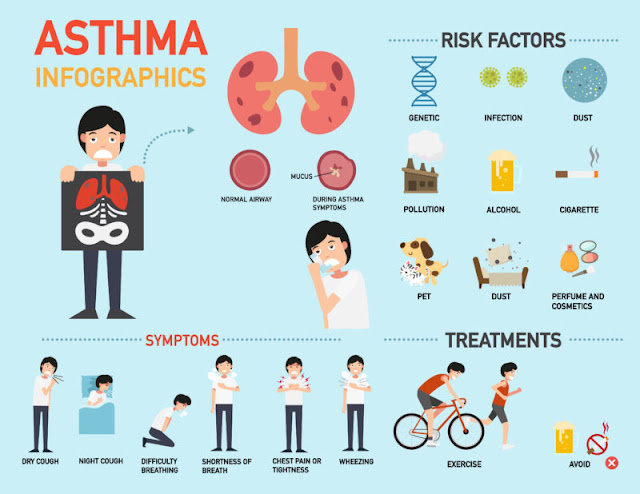People eating big breakfast may burn twice as many calories: Study

Eating a big breakfast rather than a large dinner may prevent obesity and high blood sugar, according to study which may lead to better clinical dietary recommendations to reduce body weight and prevent metabolic diseases . The study, published in The Journal of Clinical Endocrinology & Metabolism, assessed 16 men who consumed a low-calorie breakfast and high-calorie dinner -- and vice versa in a second round -- over the course of three days. "Our results show that a meal eaten for breakfast, regardless of the amount of calories it contains, creates twice as high diet-induced thermogenesis as the same meal consumed for dinner," said the study's corresponding author, Juliane Richter from the University of Lubeck in Germany. "This finding is significant for all people as it underlines the value of eating enough at breakfast," Richter said. Read More















